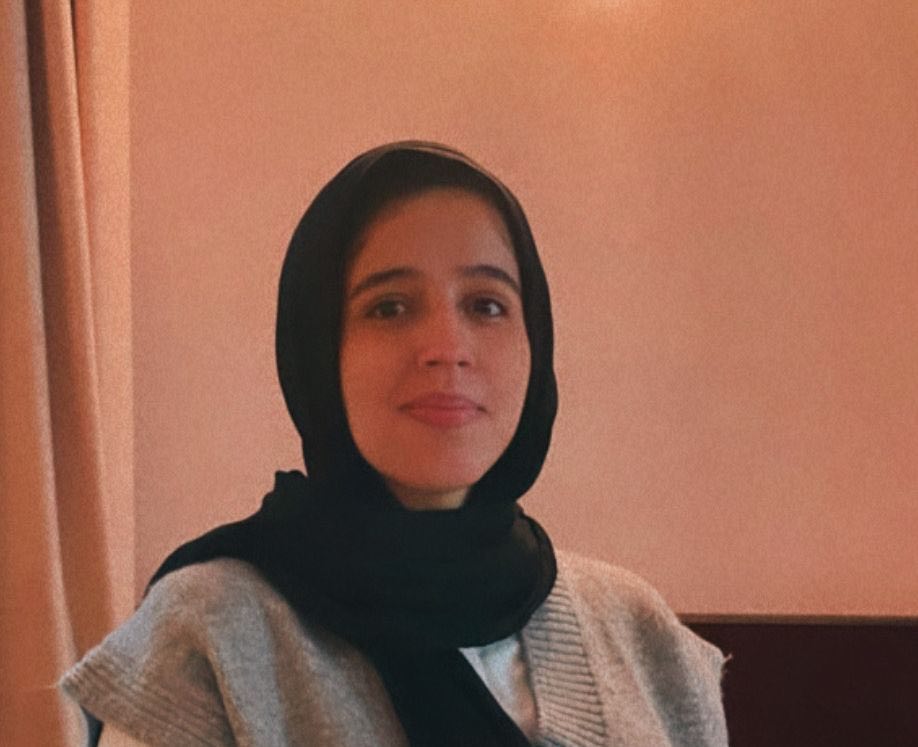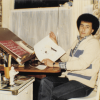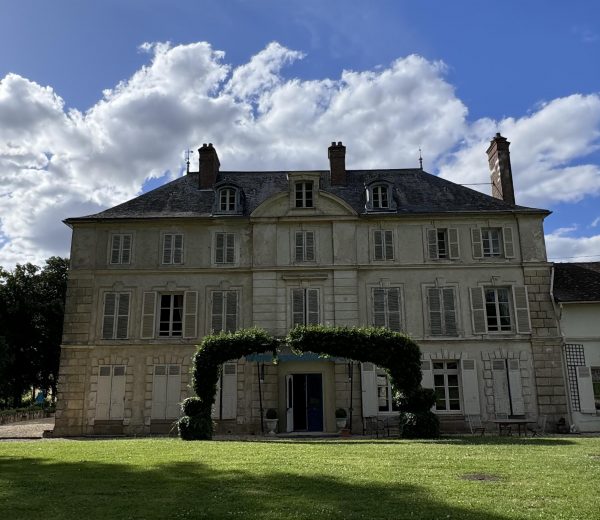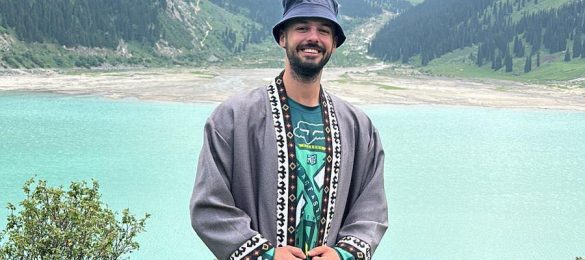A few weeks ago, I found a page on Instagram called ‘’Libyan Vinyl’’ and it has old records from late 50’s, 60’s, and 70’s and I was immediately hooked. I have never seen these records in Libya and I never knew they existed, unfortunately, I wasn’t familiar with some musicians but I was amazed that there is a person out there who decided to collect them and started a page to share what he has with other Libyans and the world.
I knew that I wanted to know about the person behind this page so I reached out and we couldn’t manage to set a date for an interview so I basically lost hope and dropped out the idea. Days passed and we finally managed to have the interview and I virtually met the person behind this incredible page and his name is Adam Benkato (بن كاطو).
He is a Libyan American professor of Middle Eastern Studies and Linguistics. He has been all over the place around Europe and Libya. He has lived in many countries and that exposed him to different cultures but his connection with Libyan remained strong.
His journey in collecting vinyl records started a few years ago when he only knew Ahmed Fakroun and he listened to his songs but he also knew Hasan Arebi and Miriskawi in Benghazi but he knew that there were many others before the 80’s period. He went online and did some research in both English and Arabic on Libyan music and record labels.
He was inspired by a page on Twitter called Gharamophone which was run by an American scholar focusing on Morocco but he found many records from the 1920’s to 1970’s and he made one post about a Libyan Jewish singer named Joseph Mango Boaron with his song ”libnaya libsit serwal”. Also, habibi funk is a page that focuses on Arabic funk and Jazz from the 70’s and 80’s. Another one is Sahel Sounds, they find old music from different countries. After finding these accounts, he was inspired to find things about Libya too.
Adam loves anything related to Libya from cultural heritage, traditions, history, and basically everything. He got to know a guy from eBay whom he shared a record with and he had many information. He provided Adam with many specifics on how to find more. Also, he got to know a man who has an old record store in Lebanon and he bought some records from him. He started buying records when he was in Berlin and it was a slow process.
Now, he has about 15 to 20 Libyan records. He would get the record and search more about the artist. Adam focused on the label and asked older people from his family and family friends back home about some musicians he found. Nuri Kamal, for example, he learned that it is not his real name, he is from Ferjani family and he is also blind but he is playing music and he has an amazing story about his family in Tripoli.
For Adam, it is about finding good music but also the question around what was the culture at that time like? did they had studios and how did they make music? small labels in Libya, they made them in Greece and Egypt. This shows an international linkage with music making during that period. This means that musicians were connected in a wider range and that the industry was big. It raises many questions and it needs someone who would work on it as a full-time research.
At some point, there were about 20 record companies in Libya but where are they now? The release process was different, back in the 70’s, the CD would have basically two songs only and they were mostly singles. It shows the changes that occurred in the music industry. You would think that the vinyl record has an album but it only has two songs.
When he first started collecting records, he didn’t have a specific artist. He wanted to find one and buy it then discover more when he gets it. For example, one was a song for Nuri Kamal called ‘’eytug el galb’’ and he played it and liked it. He then asked his father and family friends to know the story behind it. So, whatever is available, he tries to get it.
For Adam. he will continue to collect them then slowly put them online and share them with people. On Instagram, he can put a short clip. He also digitise the music. Sometimes, he sends them to friends so they can check them out. For his upcoming plans, Adam told me that he might make a new release with these digitised songs because some are in bad condition so the most recent records were not in a good one. He has an account on Sound Cloud where you can find some of the songs for Nuri Kamal, Joseph Boaron, and Sami Baroudi.
His collecting journey will not stop, as he mentioned, it is a slow process and it requires patience and dedication. This journey made him connect with his family in another level in terms of knowing family stories from the past which are linked to music and it connected him more with Libya. I would like to thank Adam for giving me the time to know his amazing story and share it with you dear readers. You can also find him on Twitter: Libyan Vinyl









